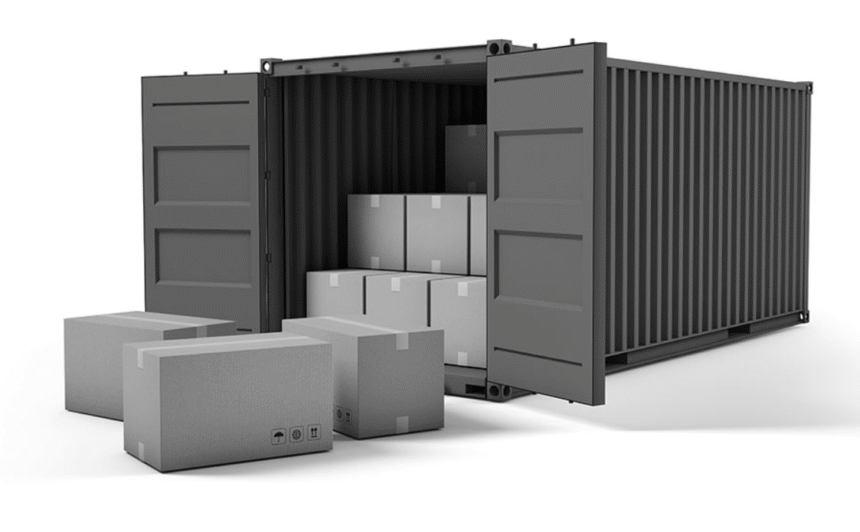Keeping your storage unit safe and secure should be a top priority whether you’re storing valuable furniture, seasonal items, business inventory, or personal belongings. With more people relying on self-storage solutions for both short- and long-term needs, it’s crucial to understand how to protect your items from theft, damage, or environmental harm.
One of the best ways to protect your belongings from extreme heat and humidity is by choosing Climate controlled storage Miami. These types of storage units maintain a consistent temperature and humidity level, shielding sensitive items such as electronics, artwork, documents, and wooden furniture from warping or deterioration.
Below, we’ll walk through the top ways you can ensure your storage unit remains secure and your items stay in excellent condition.
Choose the Right Storage Facility
The foundation of securing your belongings starts with selecting a reputable facility. Look for one with:
- Modern security features like 24/7 surveillance cameras, well-lit premises, and gated access.
- On-site management who regularly monitor and inspect the property.
- Strong online reviews and ratings that indicate a history of customer satisfaction and trustworthiness.
Before renting, visit the facility to assess how clean and well-maintained it is. A professional-looking environment is usually a sign that the management takes security seriously.
Use a High-Quality Lock
While the facility provides perimeter security, you are responsible for securing your individual unit. Invest in a heavy-duty lock—preferably a disc lock or closed-shackle padlock—which is much harder for thieves to tamper with than standard padlocks.
Avoid using inexpensive or combination locks, as these are typically easier to cut or pick. It’s a small investment that adds a big layer of protection.
Inventory and Label Your Belongings
Keeping track of what you store helps in several ways. Create a detailed inventory list and label your boxes clearly. This ensures that in the event of theft or damage, you can quickly report what was lost or affected. It also makes it easier to check if anything is missing during regular visits.
Store valuable or sentimental items toward the back of the unit, hidden behind larger or less desirable items. This makes them harder to access for would-be thieves.
Organize Your Unit Thoughtfully
Efficient organization not only makes retrieving items easier but also prevents damage:
- Elevate boxes using pallets or shelving to protect them from potential water damage.
- Use plastic containers instead of cardboard for better durability and pest resistance.
- Avoid stacking too high, which can lead to items falling and breaking or damaging others.
A clean and organized unit is less likely to experience accidents and easier to inspect regularly for signs of issues.
Visit Regularly and Inspect
Make periodic visits to your storage unit, especially if you’re storing items long-term. Check for:
- Signs of moisture or mold
- Evidence of pests
- Tampering with your lock or door
Regular visits discourage tampering and allow you to catch small issues before they turn into big problems.
Insure Your Stored Belongings
Even the most secure facility can’t protect against every possible scenario. That’s why it’s smart to have insurance coverage for your stored items. Some facilities offer insurance, but you can also check if your homeowner’s or renter’s insurance covers off-site storage.
Make sure your insurance covers events like fire, theft, water damage, and natural disasters. Document your valuables with photos and maintain receipts if possible, which will help expedite claims.
Consider Climate-Controlled Storage
In places like Miami, where humidity and heat are significant concerns, choosing a climate-controlled unit can prevent long-term damage to your stored items. Leather furniture, electronics, photographs, and antiques are especially vulnerable to changes in temperature and moisture levels.
Opting for Climate controlled storage Miami not only protects your items from environmental wear but also adds an extra layer of protection against pests and mildew.
Be Discreet About What You Store
While it’s common sense, avoid discussing what you store with people outside your trusted circle. Never list the specific contents of your unit on social media or leave documentation lying around. The fewer people know about what you’re storing and where, the lower the risk of theft.
Final Thoughts
A secure storage unit is about more than just locking a door. It’s about being proactive—from choosing the right facility and securing your unit with a high-quality lock, to ensuring climate protection and conducting regular inspections. Taking a few extra precautions today can save you from significant losses tomorrow.
By staying vigilant and strategic, you can ensure your belongings remain safe, secure, and in excellent condition throughout their time in storage.













